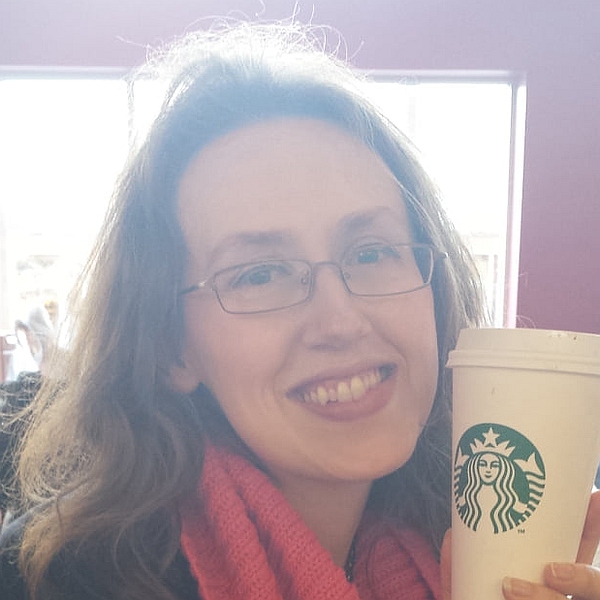There was a line from a song that challenged us as Christians to love the unlovely. On the surface that seems like a call to action that many Christians champion. “Of course, I give to charity,” some may say. After all, aren’t those who are poorer than me “unlovely.”
Others feel victorious when they say “hello” to the homeless man instead of crossing the street to avoid him. His dirty old, tattered shoes and stained shirt might land him in the “unlovely” category. How about the homosexual couple down the block, you know the one with the rainbow flag? Or the woman from the office who is cheating on her husband? Encinitas Christian Counseling can support individuals in embracing this commandment and cultivating love and forgiveness in their relationships.
Do you love them too, or are they too unlovely? That politically charged, radical uncle of yours. Do you love him, just not his post on Facebook, or do you have a hard time separating him from his beliefs?
Love the unlovely. That’s a powerful message and a complicated challenge set before us. As Christians, we like to champion ourselves as “tolerant” people who “hate the sin” but “love the sinner.” But are we actually loving them or do we harbor anger toward our transgender niece for “causing problems” in the family? Do we secretly hold resentment toward that neighbor who voted for the opposing candidate in the last election.?
Love and forgiveness go hand in hand. When asked what the greatest commandment was, Jesus replied “Love the Lord your God with all your heart and with all your soul and with all your mind. This is the first and greatest commandment. And the second is like it: ‘Love your neighbor as yourself’ “(Matthew 22:36-40).
Jesus’ words echo Leviticus 19:18 which states, “You shall not take vengeance or bear a grudge against any of your people, but you shall love your neighbor as yourself: I am the LORD.” Seems like God wants us to love others, doesn’t it?
He doesn’t qualify that by stating who we should love. He doesn’t say that we should love those who are like us or those who think the way we do or who support us. He says to love one another. Period. He doesn’t say to love others when they are polite, generous, or pretty.
Humans gravitate to the “lovelies” organically, so He doesn’t have to remind us to love the “pretty people”. But He also wants us to love those who are in tattered clothing and who have a sharp tongue. He wants us to love those who cut us off in the check-out lines and those who offer us unsolicited advice.
 Part of loving these less-than-lovely people we encounter in our daily lives is forgiving them. Remember that time when someone was driving aggressively? We are sometimes called to forgive those that we don’t respect and even those we don’t know. Even something as simple as someone being rude to us can negatively impact us and if we don’t quickly forgive and love them, it can affect our peace of mind.
Part of loving these less-than-lovely people we encounter in our daily lives is forgiving them. Remember that time when someone was driving aggressively? We are sometimes called to forgive those that we don’t respect and even those we don’t know. Even something as simple as someone being rude to us can negatively impact us and if we don’t quickly forgive and love them, it can affect our peace of mind.
To forgive and love the unlovely person we have to recognize that forgiveness is not based on the person’s behavior but on our choice to let go of hurt and anger and to model the love we receive from God. We have to recognize that we were unlovely when God first loved and forgave us.
We can start by acknowledging that everyone, no matter how unlovely they appear and act, has struggles or wounds. These struggles and wounds shape their actions and their words. And instead of responding in our futile and frail human way, with judgment and resentment, we can respond with compassion, seeing them as God does. He sees them as worthy of love and grace. He loved them so much that He sent His Son to die for them.
This attitude doesn’t mean that we condone their actions, but it does free us from negative emotions that harm our own peace and walk with the Lord. This act of love and forgiveness isn’t just for the sassy salesclerk who made you feel old or our loud neighbor. The deliberate act of forgiveness is for you. It will release the burden of anger and allow God’s love to flow through you.
If you are quick to anger or have a hard time loving the “unlovlies” in your life, you may need extra support to process the pain and frustration that may be preventing you from forgiving and loving others.
Next Steps for Learning How to Forgive
Seeking therapy at Encinitas Christian Counseling can be an invaluable tool to help you sort through the complicated world of forgiveness. A Christian therapist in Encinitas, California can help you understand your feelings, offer practical strategies for emotional healing, and can help you let go of deep-seated resentment that may be the underlying issue of unforgiveness. With God’s help and the right support, you can learn to love and forgive even the most unlovely people in your life.
“Misty Hillside”, Courtesy of Jonny Gios, Unsplash.com, Unsplash+ License
-
Stephanie Kramer: Author
Stephanie Kramer is the Editor-in-Chief of a leading faith-based publication. She holds a BA in Art History and Visual Anthropology from Western Washington University and brings extensive experience from her previous role as Editor of a prominent fai...
DISCLAIMER: THIS ARTICLE DOES NOT PROVIDE MEDICAL ADVICE
Articles are intended for informational purposes only and do not constitute medical advice; the content is not intended to be a substitute for professional medical advice, diagnosis, or treatment. All opinions expressed by authors and quoted sources are their own and do not necessarily reflect the opinions of the editors, publishers or editorial boards of Stone Oak Christian Counseling. This website does not recommend or endorse any specific tests, physicians, products, procedures, opinions, or other information that may be mentioned on the Site. Reliance on any information provided by this website is solely at your own risk.





